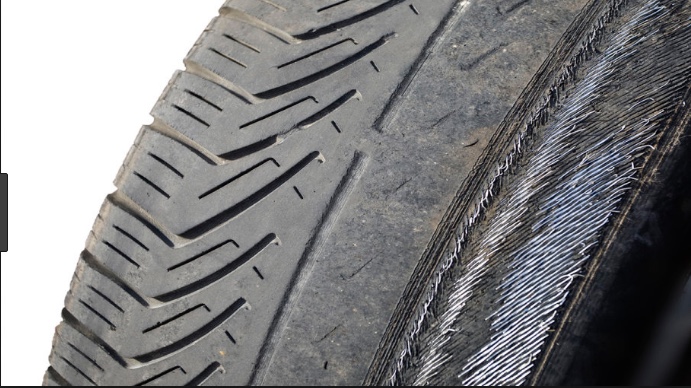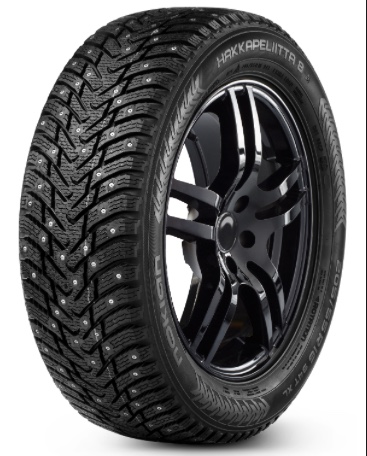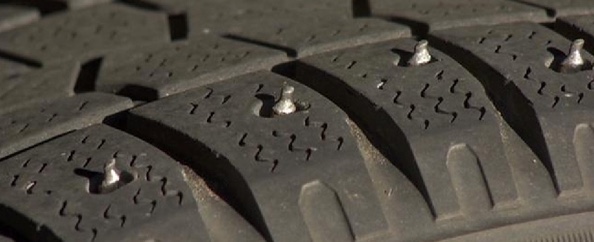Smog-Inspection-Safety
Smog-Inspection-Safety
Before-Test-Conditions
Before the tailpipe emissions inspection an inspector must:
• Check that there are no obvious safety hazards. Inspectors may reject a vehicle from testing that is unsafe to test. For example you are responsible for checking the tires to make sure they are safe to roll on the Dynometer rollers.
• Verify the vehicle is warmed up to normal operating temperature. If the vehicle is not at normal operating temperature, the vehicle may either be idled (low idle) or driven normally as necessary to achieve normal operating temperature. Normal operating temperature may be confirmed in one of the following ways:
o The coolant temperature gauge shows normal operating temperature;
o The upper and lower radiator hoses are hot and appropriately pressurized; and/or o When applicable, the electric cooling fan cycles on at idle.
Caution: Always be careful when working around hot coolant, use extreme caution
Once at normal operating temperature, continuously operate the engine at low idle for at least 3 minutes immediately prior to the tailpipe emissions inspection.
Inspectors shall not attempt to superheat the catalyst. Meaning driving the vehicle in low gear on the freeway to overheat the catalytic converter. Pulling off a spark plug wire and revving the engine at 2,000 RPMs to overheat the catalytic converter then reinstalling the wire then perform a smog inspection on that vehicle to get it to pass.
Do not increase the engine RPM or load during the 3-minute idle period or during the tailpipe emissions inspection sequences except as necessary to perform the initial visible smoke snap test as described in Appendix A.
Any methods used to artificially increase
catalyst temperature are prohibited.

Smog-Inspection-Safety
Smog-Inspection-Safety
Turn off all vehicle accessories.
• (TSI only) Place the transmission in neutral or park, with the parking brake on and/or wheel chocks in place.
• (ASM only) Verify the vehicle can be tested on a dynamometer. See section 1.2.1 for incompatible examples.
• (ASM only) Verify that the tires are dry, inflated to proper pressure, and in a safe condition. If necessary, complete the tire drying sequence as prompted by the EIS. • (ASM only) Disable traction control, when applicable.
• (ASM only) To prevent damage, verify that the vehicle safely fits on the dynamometer, and is compatible for operation on a 2WD dynamometer. Place the vehicle’s drive wheels on the dynamometer.
Vehicles that do not fit into your building or testing area must be returned to the customer for inspection at another station.
• (ASM only) Verify that the vehicle is restrained in accordance with the EIS
manufacturer standards, and wheel chocks are in place.
Smog-Inspection-Safety

Studded snow tires are not permitted on the Dyno, the tires could cause the vehicle to pull.

However V or Z tires are just rated at different speeds and are safe to use on the EIS "Emission Inspection System" click here for more info
Return to Smog Inspector Home Page
Pre Exam Preparation: Smog Technician Class
Unfortunately you will need to be signed in your google account to take this exam
Click Link Below For Next Smog Inspector Practice Test
Smog Inspector Pre Exam:
Smog Directed Vehicles
CLASS SCHEDULES
Emission Control 1:
B.A.R. Smog Check
Inspector Level 1
(Inspector "Smog" License):
Engine Fundamentals
8am - 12:15 pm
Summer Class
7/5/2022 -8/5/2022
Class # 799065
Emission Control 2:
B.A.R. Smog Check
Inspector Level 2
(Inspector "Smog" License):
Rules and Regulations
8am - 12:15 pm
Summer Classes
7/5/2022 - 8/5/2022
Class # 799067
Engine Performance 1:
8am - 12: 15 pm
Date: TBD
Class # 799069
Engine Performance 2:
B.A.R. Specified Diagnostic
and Repair Training
(Repair "Smog" License)
Time: TBD
Date: TBD
Class # 799071
Emission Control 1
(Inspector "Smog" License):
5:00pm - 8:45 pm
Date: TBD
Class # 799065
Emission Control 2:
(Inspector "Smog" License):
5:00pm - 8:45 pm
Date: TBD
Class # 799065
Exhaust Emissions (Update Class):
5:30 pm - 8:45 pm
Tuesday nights:
Dates: coming soon
Class # 796070